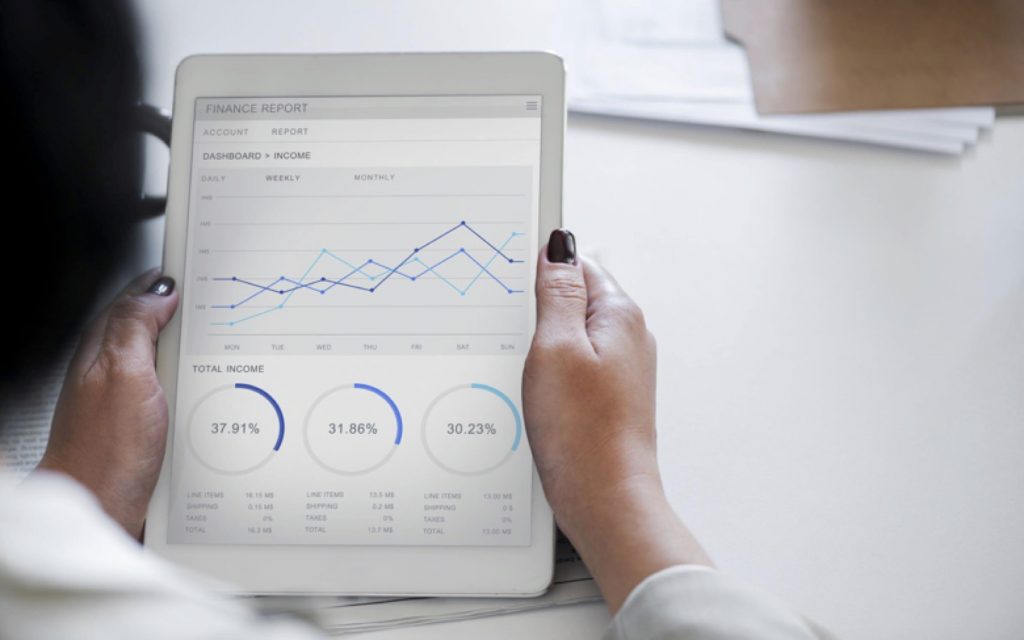Are ETFs a good investment?
Exchange-traded fund or ETF has taken the world by storm. It was first introduced in the 1990s. Since then, the ETF market has grown immensely.
It has provided investors with an alternative to mutual funds. But like every other investment, ETFs also have their downside along with some great returns. Identifying the advantages and disadvantages can help investors to better understand the risks and rewards of ETFs and decide whether this investment is good for their portfolio or not. Below mentioned are some advantages and disadvantages of Exchange-traded funds:
ADVANTAGES AND DISADVANTAGES OF ETFs:
ADVANTAGES:
- The major advantage of the ETF is that it can be traded like individual stocks. Investors can buy and sell them at any time when the market is open. Investors know within moments how much money they paid to buy shares and how much they earned after selling. Whereas, as in mutual fund, the purchase is made only after the market closes once the net asset value of the fund is calculated.
- The fact that you can navigate them like a stock is a huge plus. In individual stocks, you invest in a single company. If the company is sailing, your share will go up, but if the company sinks, so does your boat. Whereas in exchange-traded funds you do not invest in a single company or stock. You buy different stocks from different companies or even if it’s the same market, you can invest in different parts. In this way, if one company goes down, you still have a lot of other companies who are probably doing well.
- The major problem for beginners is the high price of stocks. Again, ETFs provide the solution. While in mutual funds, the prices are relatively high, ETFs provide the opportunity of having a diversified portfolio with low investment price. This low-cost feature makes them even more desirable.
DISADVANTAGES:
While a lot of investors have put their money in buying ETFs, there are some setbacks.
- If you compare an ETF with a stock, you will notice that the management fee of ETFs is higher as compared to stocks.
- Clients have to pay a commission fee every time they buy or sell an ETF. And it can actually reduce your overall profit. While the flexibility of ETF is the fact that you can buy and sell assets at any time during market open hours, it is recommended that you wait. This is because, with every purchase and sale, an ETF commission is charged, which reduces your net earnings.
- The dividends yield of ETF is much lower as compared to an individual stock. For example, if a stock offers a 5% dividend, you still get much higher yield as compared to ETF. Because ETFs have such a wide range, it means if you average out the dividend the net yield is a bit low.
CONCLUSION:
While there are a lot of advantages and disadvantages of exchange-traded funds, most informed experts agree that the advantages of ETF overshadow the disadvantages by a sizable margin. If you use an ETF correctly, it is a great tool for increasing wealth.

